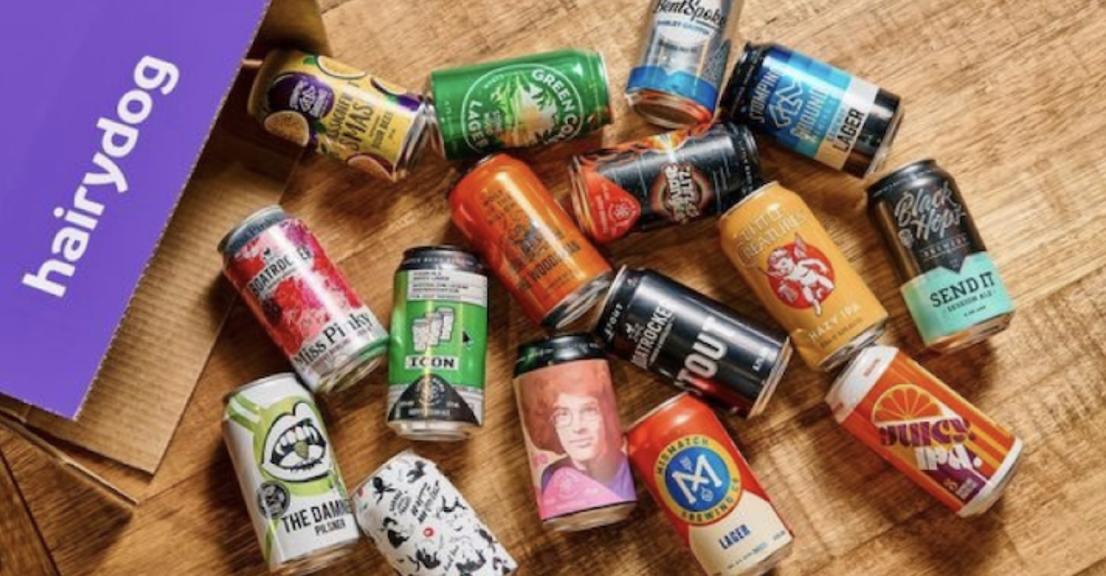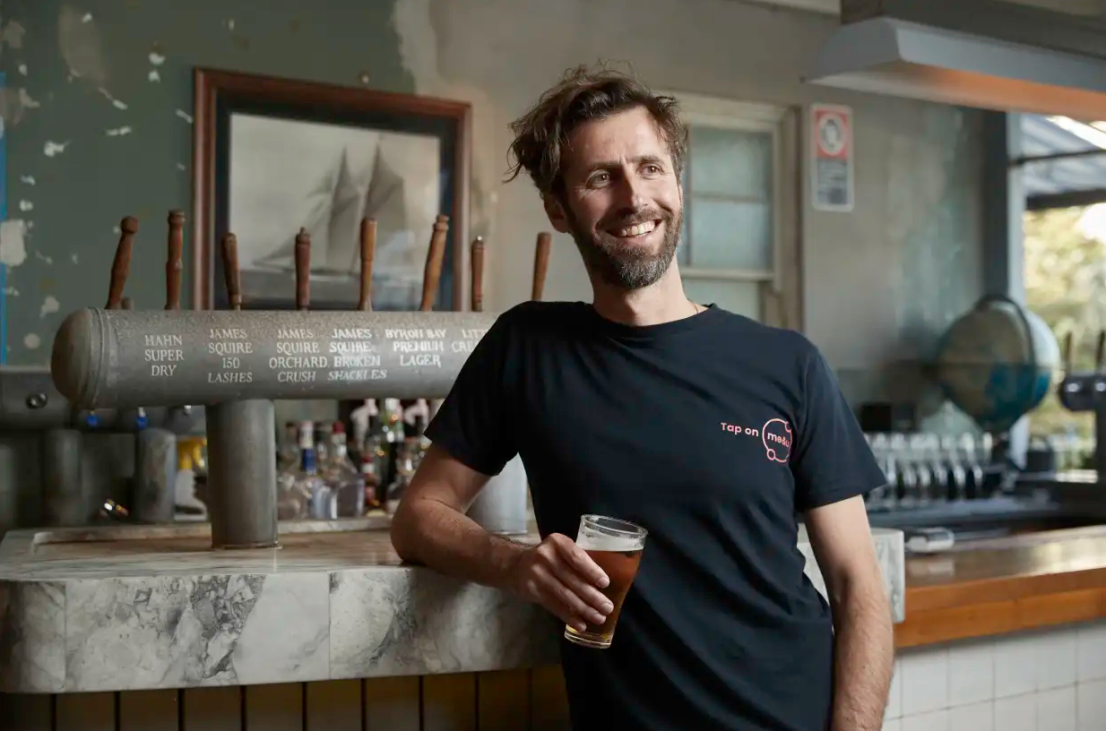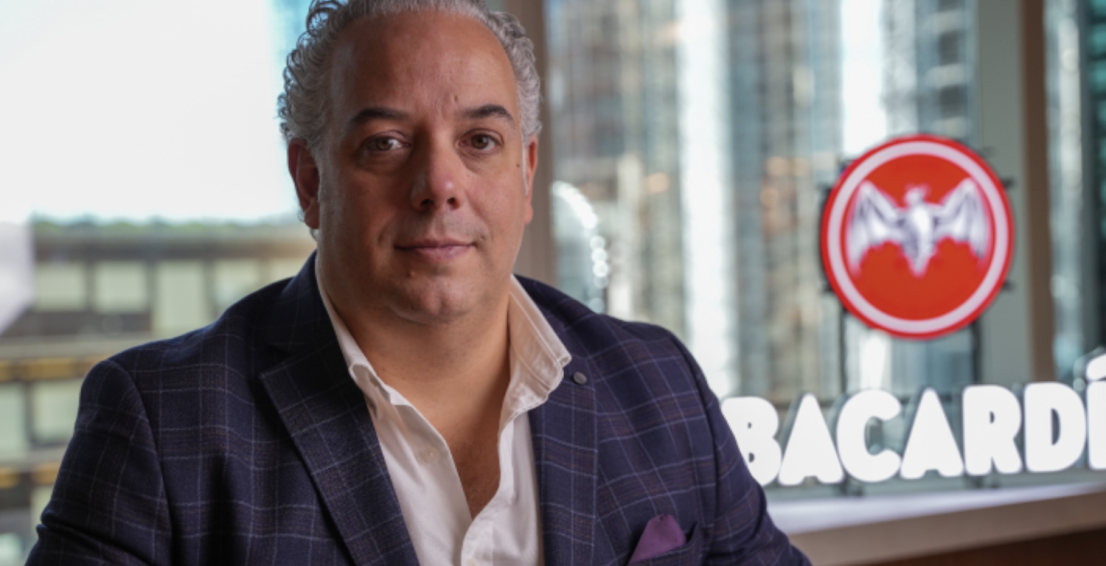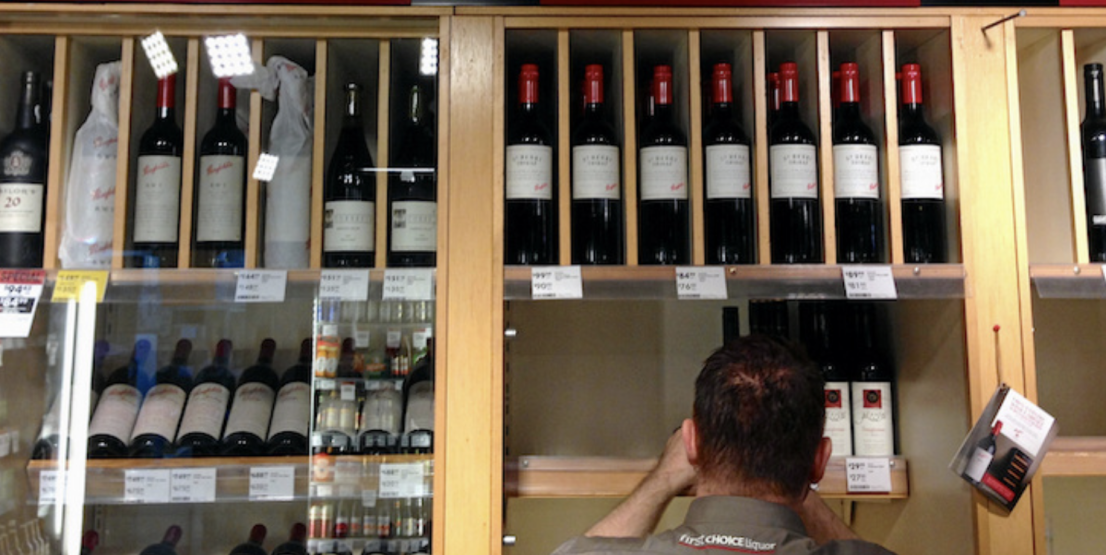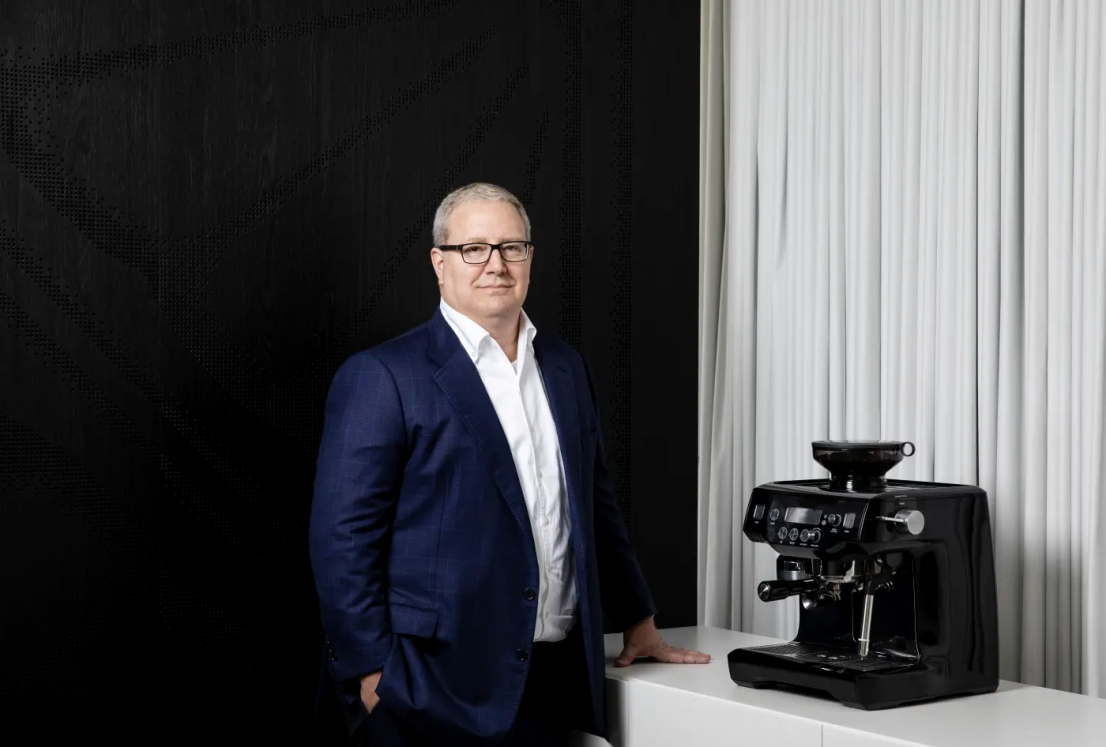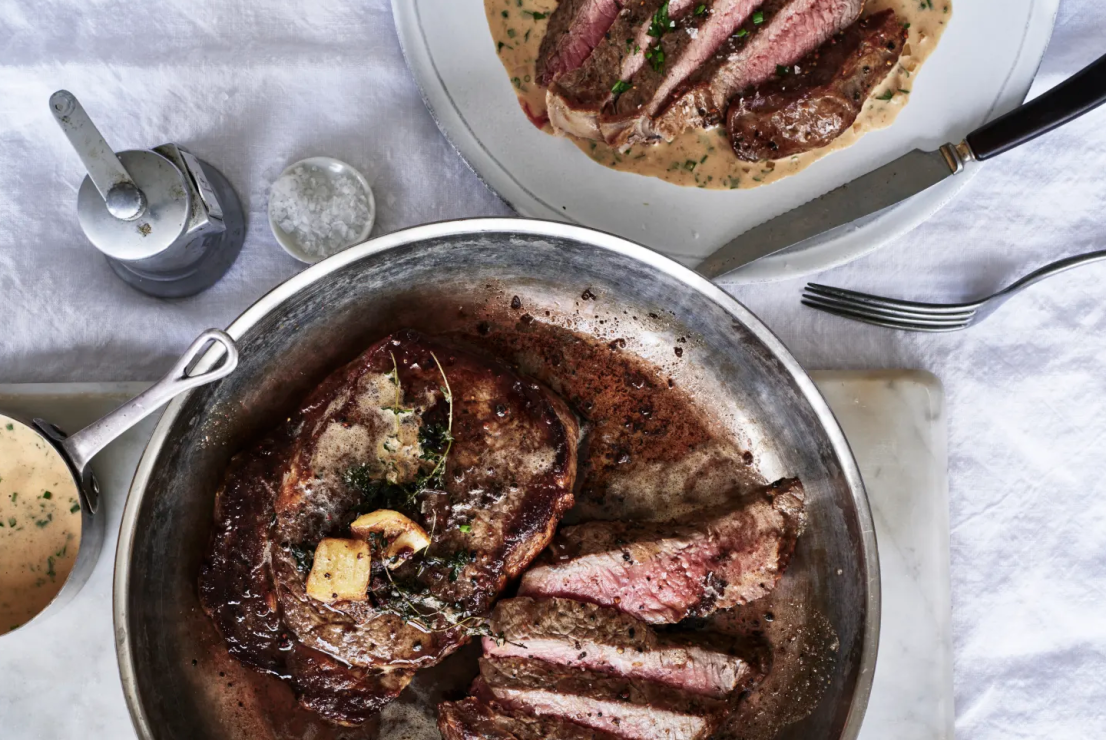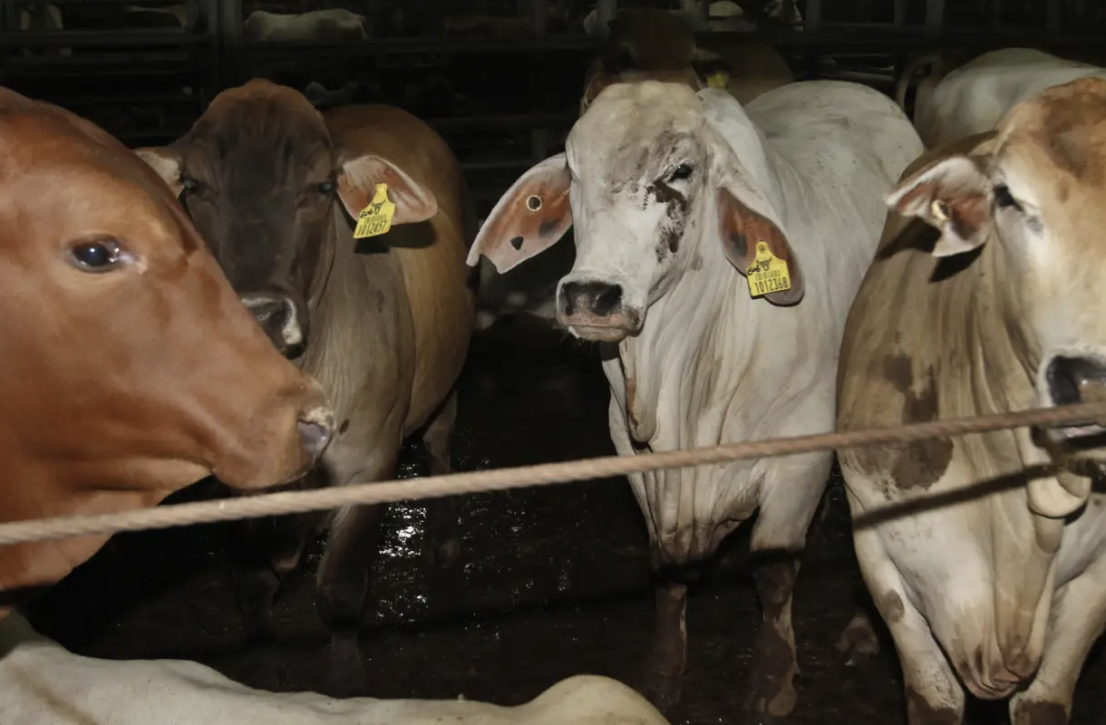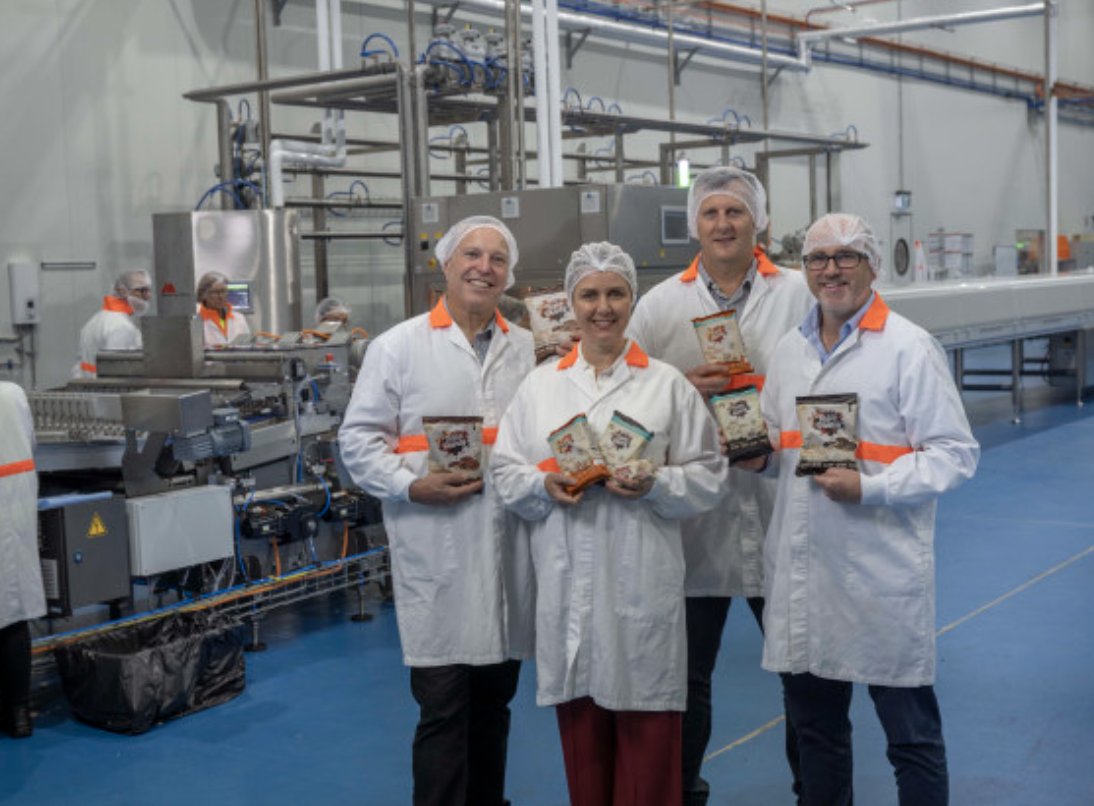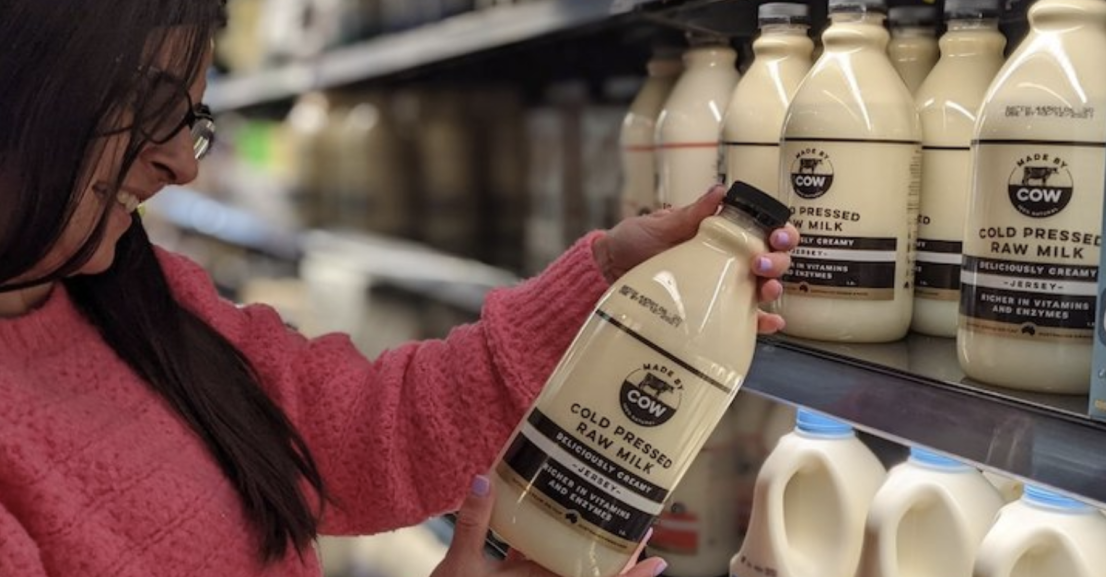
Rising interest rates, inflation and supply chain concerns have all played a part in the collapse of innovative dairy startup Made by Cow, the company revealed over the weekend.
Back in 2016, Made by Cow became the first company to gain regulatory approval to legally sell unpasteurised or raw milk in Australia, after years of working on the concept.
The milk, which retailed for $7.95 for a 1.5 litre bottle, was made using a ‘cold pressure’ method to kill harmful bacteria and therefore make it safe to sell to consumers.
The sale of unpasteurised milk has long been prohibited in Australia, however, Made by Cow said its process ensured an “equal level of safety as heat pasteurisation”.
Made by Cow soon gained national exposure, with its milk products eventually stocked across selected Coles and Woolworths stores, as well as hundreds of independent grocers and health-food stores. According to the company, its milk was being sold by more than 1000 stockists.
In 2016, the company also told SmartCompany it would be paying dairy farmers 50 per cent more per litre of milk than major dairy processors.
However, CEO Wade Porter took to social media this week to explain, “with a heavy heart”, that the business will be closing.
Kate Conneely and Scott Kershaw from KordaMentha were appointed to oversee the voluntary administration of CBH Fresh Pty Ltd, trading as Made by Cow, on March 25.
According to a notice on its website, the company has already ceased operations. The first meeting of creditors is due to be held on Tuesday, June 6, in Sydney.
According to reports, the company’s shareholders include ROC Capital, Light Warrier Investments and Bega.
Customers thanked for “believing in us”
Porter said the Made by Cow team is proud of the company’s journey over the past seven years, and until recently had been “on a strong trajectory with our business growing upwards of 50% year-on-year”, with a customer base in the “thousands”.
The current “economic uncertainty” has changed that, he said.
“In this climate of uncertainty, growing interest rates and inflation, the business has faced economic uncertainty and supply chain challenges and, as a result, the very tough decision has been made to cease production,” Porter said in the post shared on Instagram and Facebook.
Porter paid tribute to the distributors and retailers who he said were instrumental in the company’s ability to scale, as well as Made by Cow’s employees, who he described as committed and dedicated.
“We know that you will continue to be ‘legen-dairy’ in all that you do,” he said, referencing one of the company’s values.
Finally, Porter thanked the brand’s customers for “believing in us”.
“We started as an unknown dairy brand trying to do something different and have grown into a brand so many of you love,” he said.
“Our morning coffee will never be the same, but it’s sure been good while it lasted.
Cost pressures
Made by Cow revealed it was facing increasing production, freight and labour costs last September, deciding at the time to increase its own prices in response.
“Rising prices have been affecting everyone recently, and unfortunately our business has been impacted too,” the brand told its Instagram followers at the time.
“This was a hard decision, but something we had to do to not only remain a sustainable business, but to also ensure we pay a fair and premium price to our dairy farmers.
“We are a 100 per cent Australian-owned and operated business, so by supporting us you’re also supporting the Australian dairy industry.
“For those of you that can stick with us, we thank you for your continued support.”


